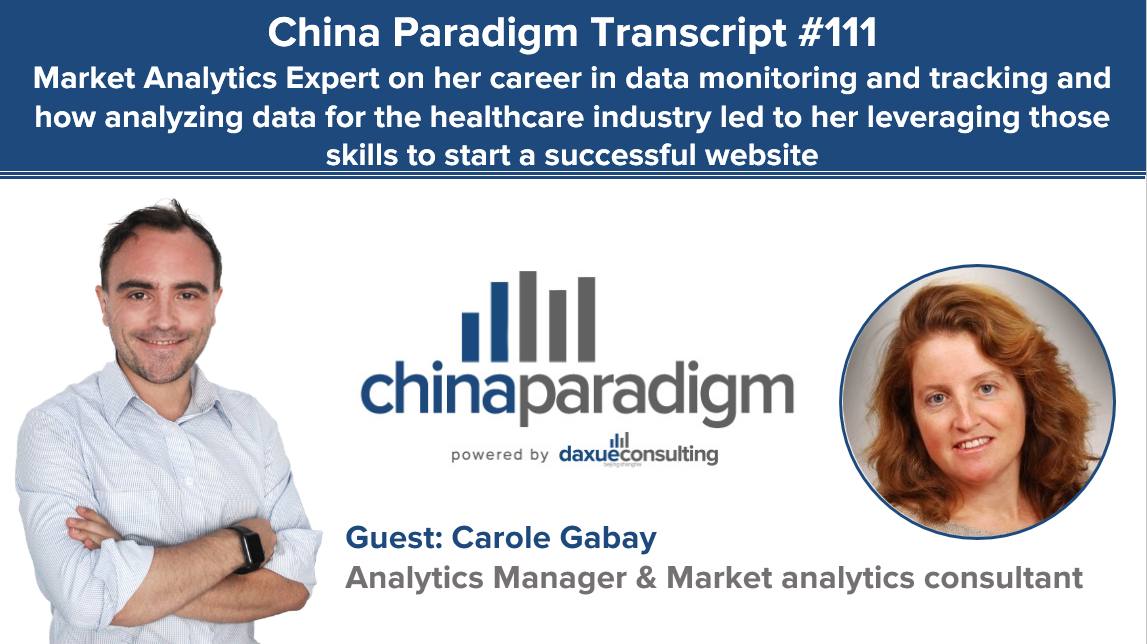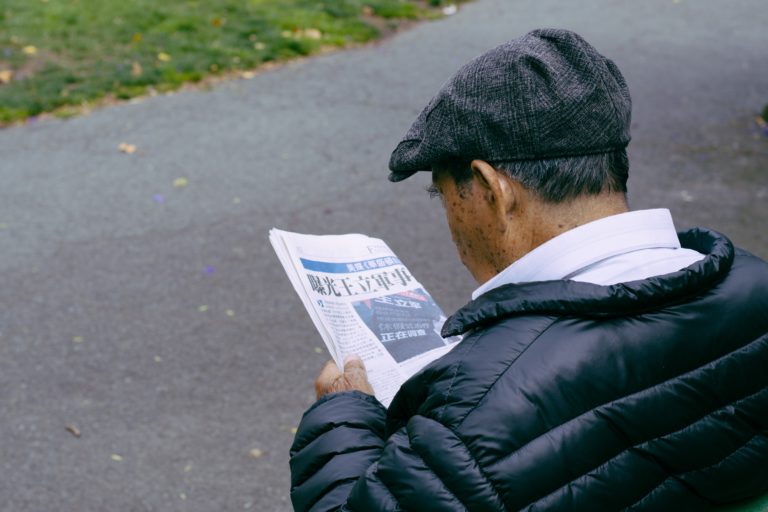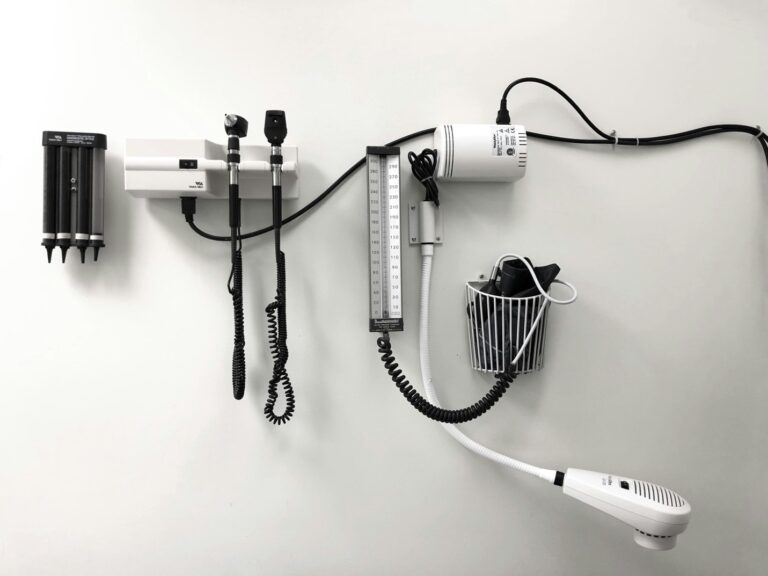Find here China Paradigm episode 111. Carole Gabay has been analyzing data on behalf of international marketing companies her whole career. 15 years ago, she switches from consumer goods data analysis to begin a career in analyzing data for the healthcare industry. She creates tools that make the data easier to read for her clients and which they can then use to inform strategy.
Carole has been working in marketing analysis for 25 years. For the first 10 years, she worked in the consumer goods section, starting at Nielson. For the last 15 years, she has been working in the pharma industry, starting at Bristol-Myers Squib where she built market analysis tools that helped the marketing managers at the company with strategic planning. She built these with herself in mind as a user, the tools helped her to save time and make her work more efficient. After working with Bayer and a few other companies she came to Shanghai 7 years ago and has been involved in analyzing data for the healthcare industry. In her career, she has witnessed the transition from paper to digital when it comes to collecting and storing data. In January 2020 she started covidminute.com where she analyzes patient data from around the world which can then be used by research institutes and media organizations. Through the massive success of this website she has proven that by publishing good, unique, and useful content, word of mouth will spread content for free. Content is king and her articles are circulated globally every day because they are good content and not because of marketing dollars.
Full transcript below:
How do you define the term “market analytics capabilities”?
Carole Gabay: By market analytics capabilities, I mean that my job is analyzing data for the healthcare industry so the way I do this is by creating the market analytics capabilities which are tools or frameworks I make that parse and organize the data purchased by the company I work for. Then the companies I work for can use the dashboard I have created to extract the data they need which drives market insights and facilitates decision making about market strategy.
What kind of insightful tools do you use for market analysis?
Carole Gabay: One thing I will do when analyzing data for the healthcare industry is look at patients data in China collected by the hospitals. I will then organize this date into categories and sub categories and present it to my company who can use the data in presentations. I take the mass of patient data and built tools which break in down further and categorize it and this allows the company to read it easily and inform decision making.
How is market analysis different for China compared to the rest of the world?
Carole Gabay: Of course, volume is key, also patients data in China is not collected as regularly as it would be in other countries. Another difficulty in analyzing data for the healthcare industry in China is that the data is not collected at national level. It is collected at provincial level and sold by provinces individually which makes it more complicated to get a picture of the whole market.
The China drug market – is it worth it for healthcare insurance agencies to come to the market?
Carole Gabay: From my experience of analyzing data for the healthcare industry, the price of drugs here are a fraction of the price of the drugs in the US and Europe and there are many more companies producing generic drugs so it is a hard market to compete in. However, the private health insurance market is developing rapidly. Perhaps 15 million new customers buy health insurance every year
How did covidminute.com came to be?
Carole Gabay: I started the website. I started tracking the data in January so, learning the methodologies to identify information biases in the collections from all around the world. I did it because I wanted to see trends in the data. First, I started just looking at the data in Hubei but quickly I was asked to look at data from other provinces and other countries. We crunched the data daily and started publishing articles and analyses.
How did you approach the COVID-19 impact analysis?
Carole Gabay: I used my experience in analyzing data for the healthcare industry and we were the first people to start segmenting patients data in China from outside of Hubei. So, we segmented the data based on the patient’s characteristics. Then we graded patient data in terms of how infected patients reacted to the virus and how they were treated and how they reacted to different types of treatment and we compared this data with the data on infected patients from cruise ships and military ships and how they were treated. From this we could see how patients’ characteristics or circumstances had an effect on the outcome of the virus or fatality rate in certain types of patients.
When tracking the COVID-19 epidemic do you use quantitative analysis or qualitative analysis?
Carole Gabay: The biggest decider on severity of infection in patients was their pre existing health conditions i.e. were patients overweight, old, young and healthy etc. In this respect comparing data of Asian and Western countries wasn’t always ideal because generally the demographics and health profiles are different. Sometimes, qualitative opinions had to be formed on the back of quantitative data
How does weather impact the coronavirus spread?
Carole Gabay: Not a huge amount according to the data I have seen so far. Often religious gatherings were the cause of outbreaks, perhaps because of the demographics of the attendees, again leading us to look for some qualitative analyses.
covidminute.com – how do you manage to constantly produce such high quality content?
Carole Gabay: We just focus on what are the drivers of the epidemic and we pay attention to the methodologies used in collecting data. We don’t pay attention to what the press is publishing.
Sometimes we make mistakes which is natural in such a time but it’s about learning from them and carrying on with your work. Our work will inform researchers so it is important that we are close to perfect as possible.
What books have inspired you in your professional journey?
Carole Gabay: I don’t read business books. I like novels about history because as an analyst you have to understand the world and the drivers. Because history informs us about human behavior. One of my favorites is a historical fiction called Pillars of The Earth by Ken Follett.
What do you read to stay up to date on China?
Carole Gabay: Le Vent de la Chine, it’s a newsletter from the perspective of foreigners living in China. It has some economic analysis but it goes very deep on societal trends
What book about China would you recommend?
Carole Gabay: Books about the Jewish diaspora in China in the 19th and 20th centuries are really interesting to me. For example, Shanghai-la-juive by Michèle Khan, Once Upon a Time in Shanghai, Stateless in Shanghai by Lilane Willens.
What success or failure have you witnessed in China that could have an impact on Chinese society?
Carole Gabay: I’ll be interested to see how the legacy of the one-child policy affects the culture of China in the future and whether or not it will have a negative impact.
A success would be the website I started.





